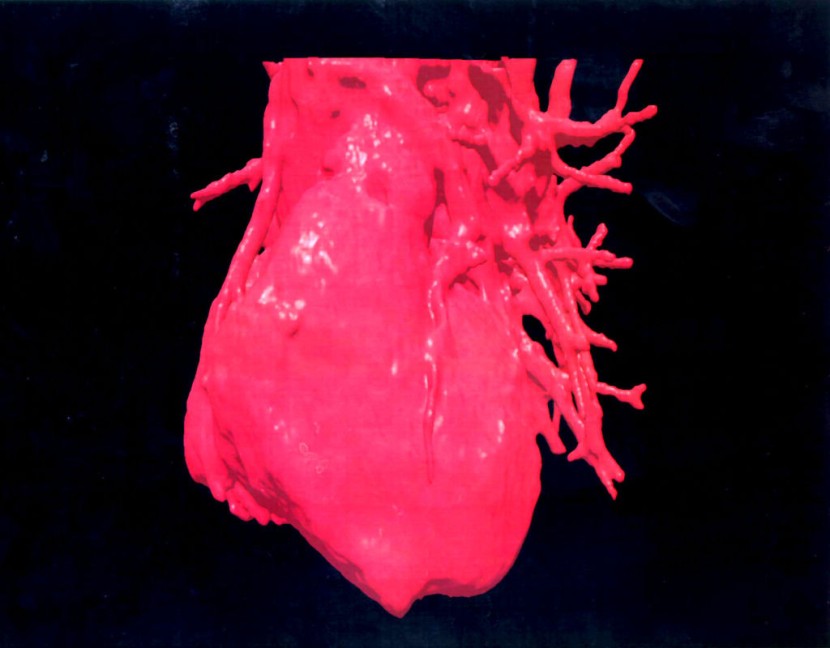A study has found that a new gene editing treatment is capable of permanently reducing dangerous cholesterol among patients who are at risk of heart disease.
The latest clinical trial involved 10 patients who had severe heart disease that caused them to experience chest pain and heart attacks. Despite trying out available cholesterol-lowering medications, they were unable to get their cholesterol as low as cardiologists recommended them to be.
Reducing Dangerous Cholesterol

So instead, they volunteered for an experimental cholesterol-lowering treatment that used gene editing and is unlike any type of treatment that has ever been done in patients. The results of the study were posted on Sunday by the company Verve Therapeutics of Boston. It was made during a meeting of the American Heart Association.
The findings showed that the new gene editing treatment appeared to have cut the cholesterol levels of involved patients and that it appeared to be safe. The volunteers had an average age of 54 and each individual had a genetic abnormality, familial hypercholesterolemia, as per the New York Times.
This is a condition that affects roughly 1 million people in the United States alone. The findings of the study also point the way for millions of other patients worldwide who are suffering from heart disease. This illness remains a leading cause of death. In the U.S., there are more than 800,000 people who have heart attacks every year.
Despite the initial success of the study, more trials in a broader range of patients will need to be carried out. Gene editing experts and cardiologists have argued that the treatment had the potential to transform preventive cardiology.
In a statement, a gene editor at the Innovative Genomics Institute in Berkeley, California, Fyodor D. Urnov said that even for seasoned veterans of the field, this would be a day they would look back on. He noted that the results of the study mark a leap into a new territory.
Helping Patients With Heart Disease
This comes as another study using a technique for precisely rewriting the genetic code directly in the body has successfully cut dangerous cholesterol in three patients. This relied on a blood infusion of a so-called base editor which was designed to disable a liver protein, PCSK9, that regulates cholesterol, according to Science.
A gene-editing researcher at the University of Zurich, Gerald Schwen, who was not involved in the research, said that it marks a breakthrough. The approach is seen as being more precise and possibly even faster than disrupting a gene with CRISPR, the gene editing tool from which base editing is derived.
Additionally, genetic testing can potentially inform patients if they have an inherited form of high cholesterol and prompt them to have treatment that can help in preventing a heart attack, stroke, and possibly death.
The study was conducted at Intermountain Health in Salt Lake City and the findings are set to be presented on Sunday at the American Heart Association's Scientific Sessions 2023. Roughly one in 250 people have familial hypercholesterolemia that often presents without any signs until a heart attack, said UPI.
Related Article : New York Surgeons Execute World's First Human Eye Transplant








